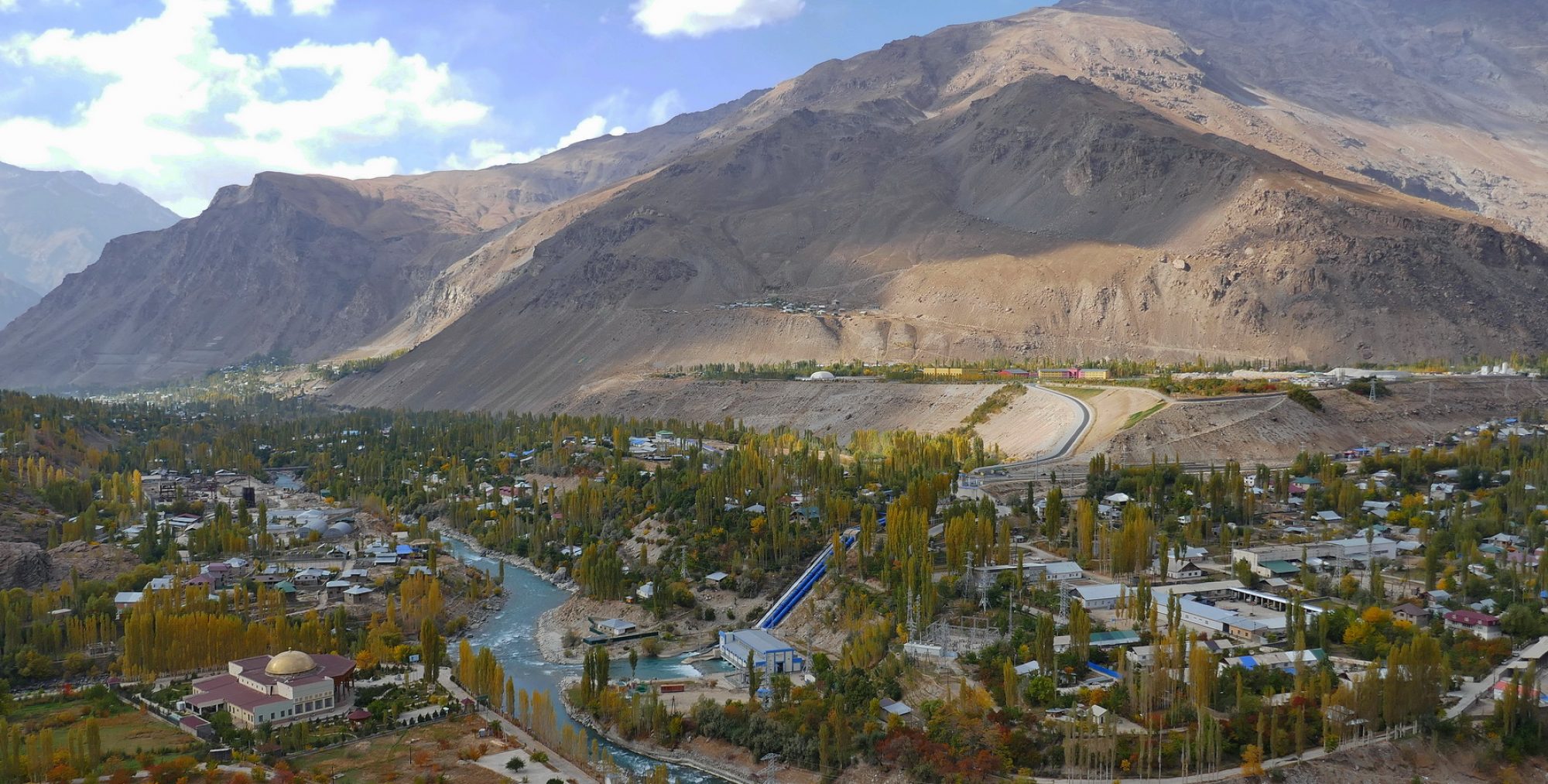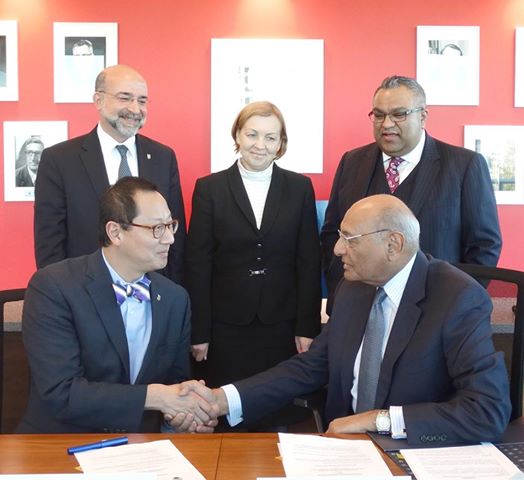As we get ready to begin, who will do the actual work of constructing, testing and professional development?
The UBC-UCA course development project model involves:
- UBC faculty acting as subject experts, contributing advise & materials for courses they teach.
- Faculty and advisors at UCA providing guidance and local wisdom about the cultural, academic, geographical and employment (of future graduates) context.
- At UBC, the project will be managed from within EOAS and Geography by UBC faculty who will providing oversight, logistical coordination and communications.
- Most of the hard work will be done by “teaching and learning fellows” (TLF) or “science education experts” (SES).
What are TLFs or SESs?
These people are Masters or PhD level subject experts, who also have demonstrable expertise in “discipline-based pedagogy”. I.E. they are knowledgeable about, and experience in, currently known best-practices. They are well-informed about the state-of-the art in “how people learn”, and relevant empirical research about optimal teaching and learning strategies for science and geography.
Here are specific TLF job characteristics
- Typical responsibilities:
- Develop each course with syllabi, assignments and assessments that are consistent with current best-practices and UCA’s goals and guidelines;
- Design professional development materials and tutorials, and lead workshops for new UCA faculty both at UBC and possibly during visits to UCA in Central Asia;
- Contribute to EES program planning in collaboration with existing and new instructors, UCA program coordinators and the UBC project coordinator;
- Support initial deployments and evaluation of courses by observing and/or coaching new instructing faculty at UCA.
- Decision making: Make decisions about suitability of teaching and learning strategies and materials. Also participate in program planning and project outcomes evaluation.
- Supervision received: Work under general direction of project coordinators at UBC and UCA as well as UBC faculty subject-experts. Work will be reviewed for overall effectiveness and achievement of program objectives.
- Supervision exercised: Manage, hire and evaluate student assistants.
- Minimum qualifications: Applicants must have two or more years of experience in at least two of the following areas, and within the context of either environmental sciences, geosciences, chemistry or ecology: teaching as instructor-in-charge, instructional design, faculty development, or science education research, all at post-secondary levels. Successful candidates must have excellent written and oral English communication skills, and be capable of working independently, as collaborative members of the project team, and with UBC and UCA faculty and other collaborating partners.
Now – the search is on for suitable individuals with this special skill-set!
Contact the project coordinator for more information.

